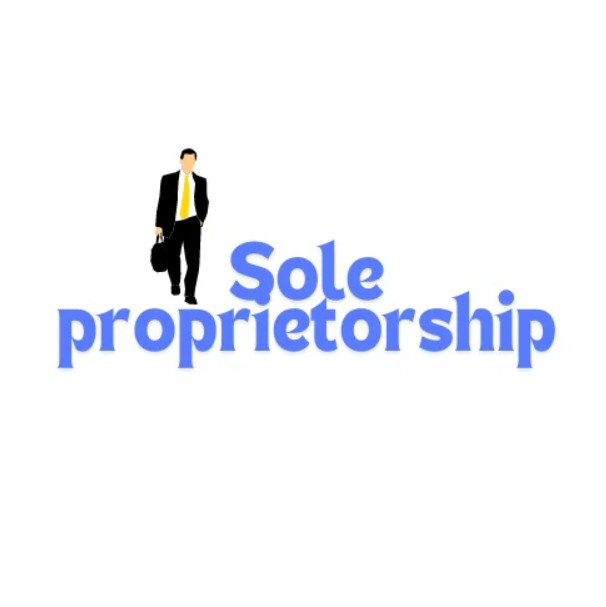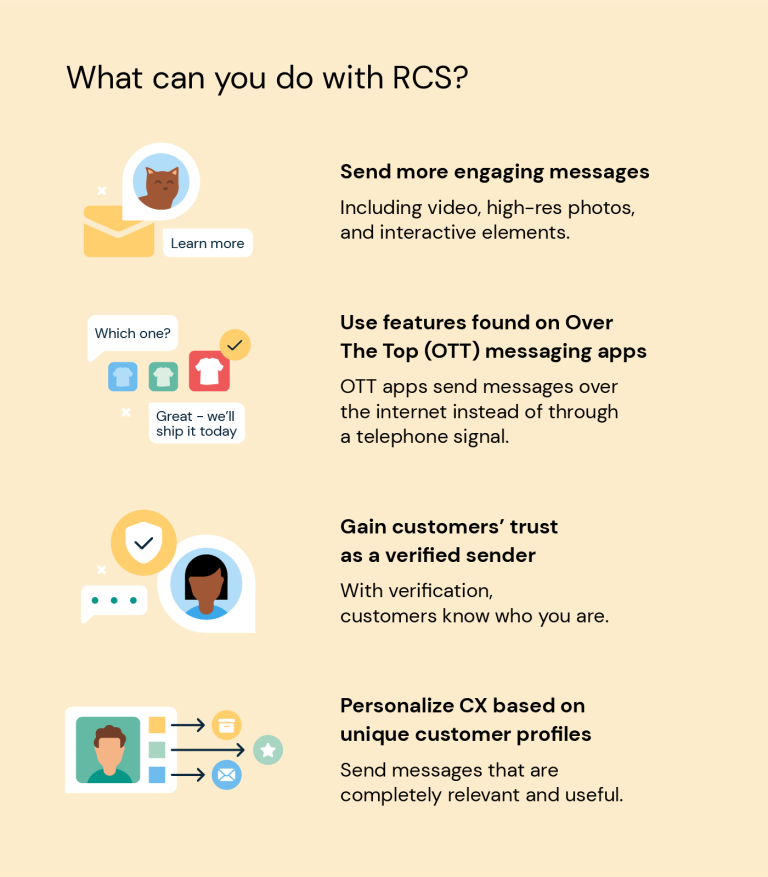Liability Insurance for Sole Proprietorship offers a crucial safeguard against unforeseen events that can lead to legal claims and financial losses. It acts as a protective shield, ensuring that your hard-earned business and personal assets remain secure.
Contents
Understanding Sole Proprietorship:
A sole proprietorship is the simplest and most common business structure, where you, as the owner, are solely responsible for all aspects of the business.
Liability Insurance for Sole Proprietorship becomes even more critical in this context because there’s no legal distinction between your business and personal assets. This means that in the event of a lawsuit or claim, your personal assets, such as your home, car, or savings, could be at risk.
Types of Liability Insurance for Sole Proprietors:
1. General Liability Insurance:
- Coverage: This insurance covers bodily injury, property damage, and personal and advertising injury claims. It protects you if someone gets injured on your business premises or if your business operations cause damage to someone else’s property.
- Importance: General liability insurance is a fundamental policy for any sole proprietor, providing broad protection against common risks.
- Example: If a customer slips and falls in your store, general liability insurance can cover their medical expenses and any legal costs.
2. Professional Liability Insurance (Errors and Omissions Insurance):
- Coverage: This insurance protects you against claims arising from professional negligence, errors, or omissions in the services you provide.
- Importance: If you offer professional services, such as consulting, design, or accounting, this insurance is essential to safeguard your business against claims of malpractice or inadequate service.
- Example: If a client claims that your advice led to financial losses, professional liability insurance can cover legal defense costs and potential settlements.
3. Product Liability Insurance:
- Coverage: This insurance covers claims arising from injuries or damages caused by products you manufacture, sell, or distribute.
- Importance: If your business involves products, this insurance is vital to protect you from claims of defective products that cause harm to consumers.
- Example: If a customer gets injured while using a product you sold, product liability insurance can cover their medical expenses and any legal claims.
4. Commercial Auto Insurance:
- Coverage: This insurance covers vehicles used for business purposes, including liability for bodily injury and property damage caused by accidents.
- Importance: If you use a vehicle for business-related activities, commercial auto insurance is mandatory in most states and provides crucial protection against accidents.
- Example: If you get into an accident while delivering goods to a customer, commercial auto insurance can cover the damages to your vehicle and the other party’s vehicle.
5. Workers’ Compensation Insurance:
- Coverage: This insurance covers medical expenses and lost wages for employees who get injured or become ill while working.
- Importance: Even if you have only one employee, workers’ compensation insurance is often required by law and provides crucial protection for both you and your employees.
- Example: If an employee gets injured while lifting heavy boxes in your warehouse, workers’ compensation insurance can cover their medical treatment and lost wages.
Benefits of Liability Insurance for Sole Proprietors:
1. Financial Protection:
- Liability Insurance for Sole Proprietorship provides a financial safety net by covering legal defense costs, settlements, and judgments arising from claims.
- It prevents you from having to deplete your personal savings or liquidate assets to pay for damages.
- It ensures that your business can continue to operate even in the face of unexpected liabilities.
2. Peace of Mind:
- Knowing that you have Liability Insurance for Sole Proprietorship in place can provide peace of mind and allow you to focus on growing your business without constant worry about potential risks.
- It gives you the confidence to take calculated risks and expand your operations, knowing that you have a safety net in case something goes wrong.
3. Professional Credibility:
- Having Liability Insurance for Sole Proprietorship can enhance your professional credibility and demonstrate to clients and partners that you are a responsible and trustworthy business owner.
- It can be a competitive advantage, especially when working with larger companies or government entities that often require proof of insurance.
4. Legal Compliance:
- In many cases, Liability Insurance for Sole Proprietorship, such as workers’ compensation insurance, is required by law.
- Complying with these regulations not only protects you from penalties but also ensures that your business operates within the legal framework.
Choosing the Right Liability Insurance for Your Sole Proprietorship:
1. Assess Your Risks:
- Start by identifying the potential risks associated with your specific business operations.
- Consider the industry you are in, the services or products you offer, the number of employees you have, and the location of your business.
2. Consult an Insurance Professional:
- An insurance agent or broker can help you assess your risks in more detail and recommend the appropriate types and levels of Liability Insurance for Sole Proprietorship.
- They can also explain the policy terms and conditions, ensuring that you understand the coverage and exclusions.
3. Compare Quotes:
- Get quotes from multiple insurance providers to compare coverage options and premiums.
- Don’t just focus on the price; consider the reputation of the insurer, their claims handling process, and customer service.
4. Review and Update Your Policies Regularly:
- As your business grows and evolves, your insurance needs may change.
- Review your policies annually or whenever you make significant changes to your business operations to ensure that you have adequate coverage.
Conclusion:
Liability Insurance for Sole Proprietorship is not just an expense; it’s an investment in the long-term success and security of your business. It provides a crucial safety net against unforeseen events that can lead to financial losses and legal challenges.
Read More: The Ultimate Guide to an Unbeatable Employee Benefits Package for Small Businesses






